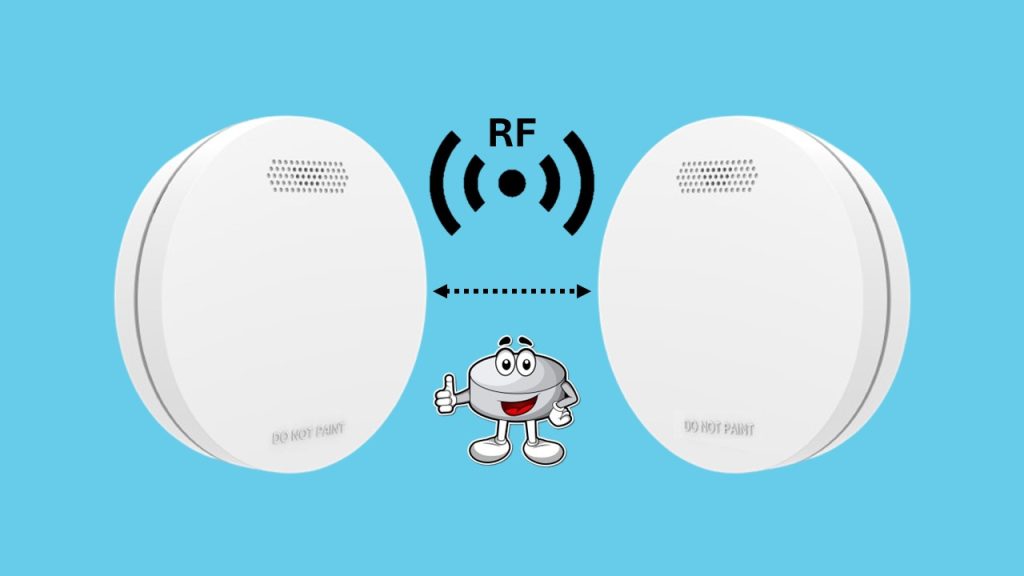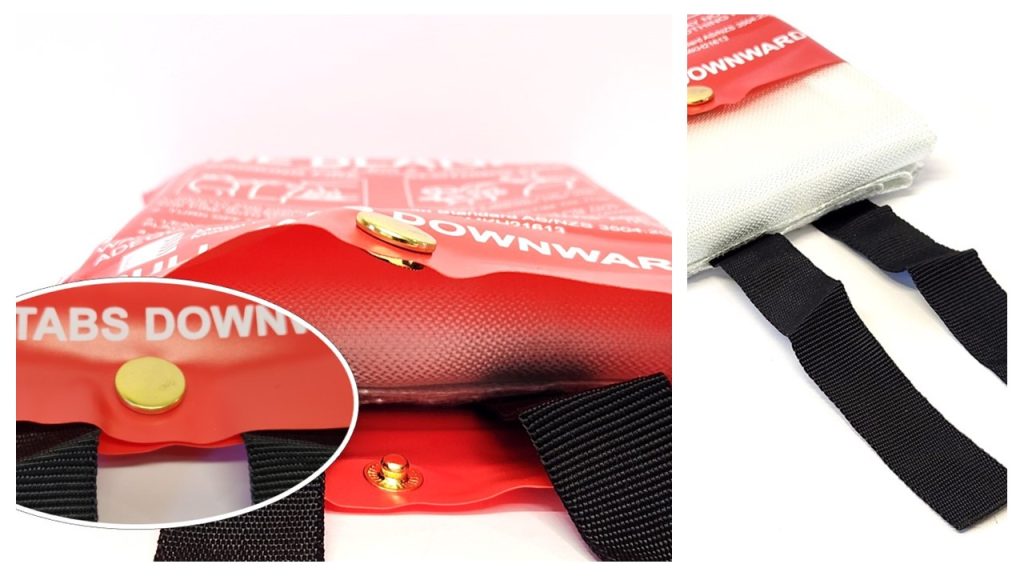Tag Archives: ZEN smoke alarms
Bunnings Smoke Detectors vs ZEN Smoke Alarms: Which One is Right for You?
When it comes to protecting your home and loved ones, choosing the right smoke detector is very important. Some people go to Bunnings s...
Stay Fire Safe with ZEN Smoke Alarms Online: The Ultimate Guide to Queensland Smoke Alarms in 2025!
Fire safety is a key concern for every homeowner in Queensland. With strict smoke alarm requirements in place and significant house fir...
Unlock Unmatched Home Safety: Discover 3 Powerful Benefits Of The Best Interconnected Smoke Alarms QLD Has To Offer!
ZEN Smoke Alarms are the best interconnected smoke alarms QLD has to offer - they are a real game-changer in terms of fire safety, offe...
ZEN Smoke Alarms and the ZEN Fire Blanket – A Perfect Team!
Fire prevention and preparedness are paramount in your home. In addition to the early fire warning provided by your ZEN Smoke Alarms, t...
What Makes ZEN The No.1 Smoke Alarms QLD Residents Choose?
When it comes to smoke alarms QLD residents can trust, ZEN Smoke Alarms stand out as the best choice. With strict Queensland smoke alar...
Powerful Interconnected Smoke Detectors: 3 Simple Steps To Develop Your Home Fire Escape Plan!
There is no point waiting until a fire occurs before figuring out what to do and where to go—especially when the safety of your family ...






